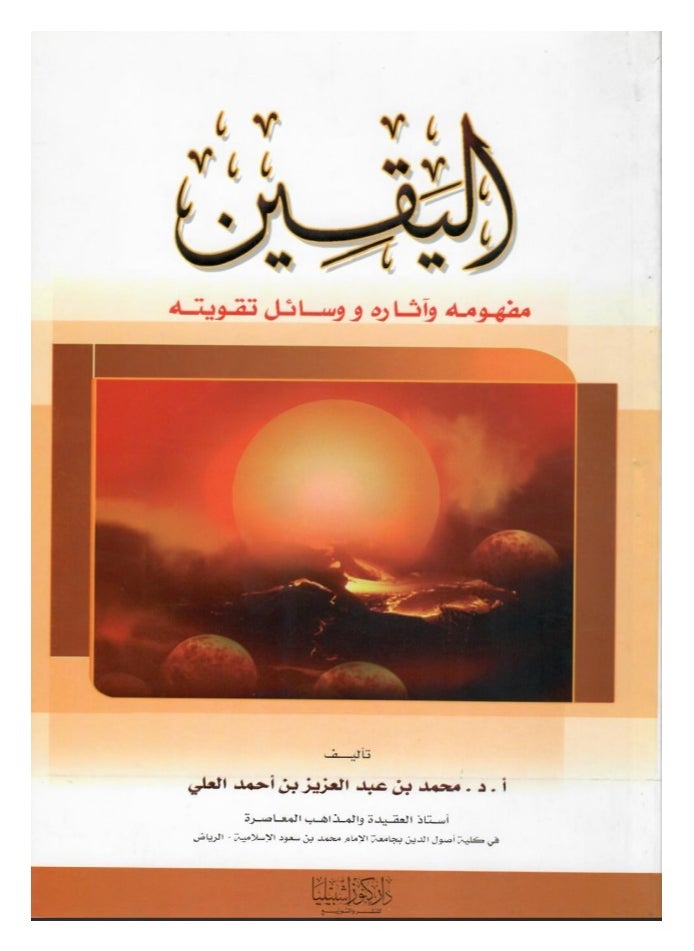1
Available Soon
Specifications
| Publisher | Penguin Books Ltd |
| ISBN 13 | 9780141395920 |
| Book Description | A Room of One's Own is Virginia Woolf's most powerful feminist essay, justifying the need for women to possess intellectual freedom and financial independence. Based on a lecture given at Girton College, Cambridge, the essay is one of the great feminist polemics, ranging in its themes from Jane Austen and Carlotte Bronte to the silent fate of Shakespeare's gifted (imaginary) sister and the effects of poverty and sexual constraint on female creativity. Virginia Woolf (1882-1941) is regarded as a major twentieth-century author and essayist, a key figure in literary history as a feminist and modernist, and the centre of 'The Bloomsbury Group'. Between 1925 and 1931 Woolf produced what are now regarded as her finest masterpieces, from Mrs Dalloway (1925) to the poetic and highly experimental novel The Waves (1931). She also maintained an astonishing output of literary criticism, short fiction, journalism and biography, including the playfully subversive Orlando (1928) and A Room of One's Own (1929). If you enjoyed A Room of One's Own, you might like Woolf's Orlando, also available in Penguin Modern Classics. 'Probably the most influential piece of non-fictional writing by a woman in this century' Hermione Lee, Financial Times |
| About the Author | Virginia Woolf, born in 1882, was the major novelist at the heart of the inter-war Bloomsbury Group. Her early novels include The Voyage Out, Night and Day and Jacob's Room. Between 1925 and 1931 she produced her finest masterpieces, including Mrs Dalloway, To the Lighthouse, Orlando and the experimental The Waves. Her later novels include The Years and Between the Acts, and she also maintained an astonishing output of literary criticism, journalism and biography, including the passionate feminist essay A Room of One's Own. Suffering from depression, she drowned herself in the River Ouse in 1941. |
| Language | English |
| Author | Virginia Woolf |
| Publication Date | 06 November 2014 |
| Number of Pages | 144 |
A Room Of One's Own hardcover english - 06 November 2014
Added to cart
Cart Total SAR 0.00




























































































































